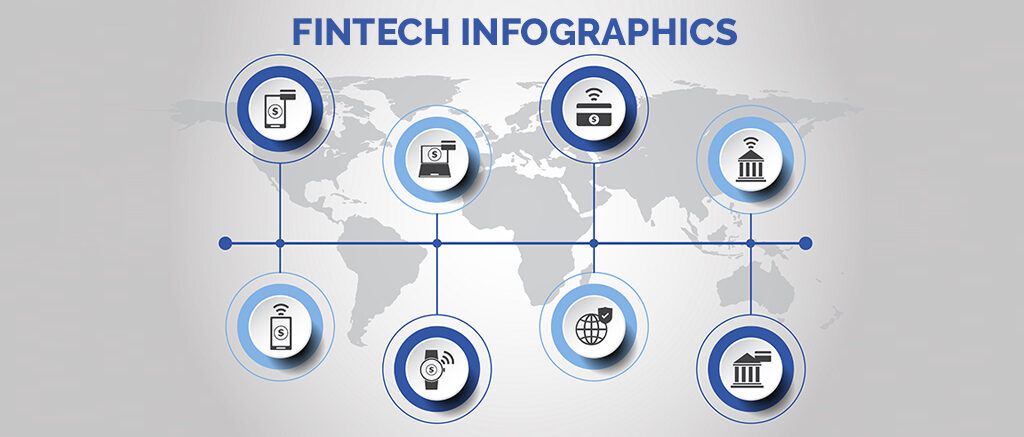Artificial intelligence (AI) is set to play a key role in the future of financial services and more broadly in what UBS and the World Economic Forum refer to as the “Fourth Industrial Revolution.”
The global economy is on the cusp of profound changes driven by “extreme automation” and “extreme connectivity.” In this changing economic landscape, AI is expected to be a pervasive feature, allowing to automate some of the skills that formerly only humans possessed.
In the financial services industry in particular, there has been a lot of noise around the potential of AI and data supports that investors are excited about the impact the technology could have across the industry. VC-backed fintech AI companies raised approximately US$2.22 billion in funding in 2018, nearly twice as much as 2017’s record.
AI applications are rapidly improving and the technology has proliferated into virtually all aspects of financial services, from personal finance and asset management, to credit scoring and insurance.
As AI is set to radically change the world we live in, it is critical for organizations to address ethics in AI.
For our Fintech Infographic of the Week series, we look today at a visual from Capgemini that addresses the ethical issues surrounding the use of AI and how consumers and organizations are reacting to this.
Ethical AI
Capgemini qualifies ethical AI as AI-enabled solutions that are ethical in their purpose, design, development and use, with key components that include being transparent, explainable, interpretable, fair and auditable.
The Capgemini Research Institute, which surveyed 1,580 executives in 510 organizations and over 4,400 consumers internationally to find out how consumers view ethics and the transparency of their AI-enabled interactions and what organizations are doing to address their concerns, found that ethics drive consumer trust and satisfaction.
In particular, the research found that when consumers and citizens feel an organization offers ethical AI interactions 62% said they would place higher trust in it, and 61% said they would share their positive experiences with friends and family. More than half said they would be more loyal, purchase more, and advocate for it.
The research also found that ethical issues resulting AI are common with most organizations surveyed having encountered ethical issues over the last two to three years.
Executives in nine out of ten organizations said they were aware of at least one instance of the use of AI systems that resulted in ethical issues with examples such as collection of personal patient data without consent in healthcare, and over-reliance on machine-led decisions without disclosure in banking and insurance.
Additionally, almost half of consumers surveyed (47%) believe they have experienced at least two types of uses of AI that resulted in ethical issues in the last two to three years.
Findings suggest that consumers are concerned about how organizations could use AI with 76% advocating regulations that define the just use of AI. This is fueled in part by rising awareness of ethical issues in AI, as well as the positive perception of recent data privacy regulations, such as the General Data Protection Regulation (GDPR) in the European Union (EU).
Thankfully, executives are waking up to the importance of ethical AI and increasingly taking actions. 51% of executives believe that it is important to ensure that AI systems are ethical and transparent, and 41% of senior executives report that they have abandoned an AI system altogether when ethics concerns were raised.
“Many organizations find themselves at a crossroads in their use of AI. Consumers, employees and citizens are increasingly open to interacting with the technology but are mindful of potential ethical implications,” said Anne-Laure Thieullent, AI and Analytics Group Offer Leader at Capgemini.
“This research shows that organizations must create ethical systems and practices for the use of AI if they are to gain people’s trust. This is not just a compliance issue, but one that can create a significant benefit in terms of loyalty, endorsement and engagement.”
Infographic: Why addressing ethical questions in AI will benefit organizations, Capgemini, July 2019
Other resources you might be interested in
Check out our resource page to find out other Fintech Infographics of the Week.











